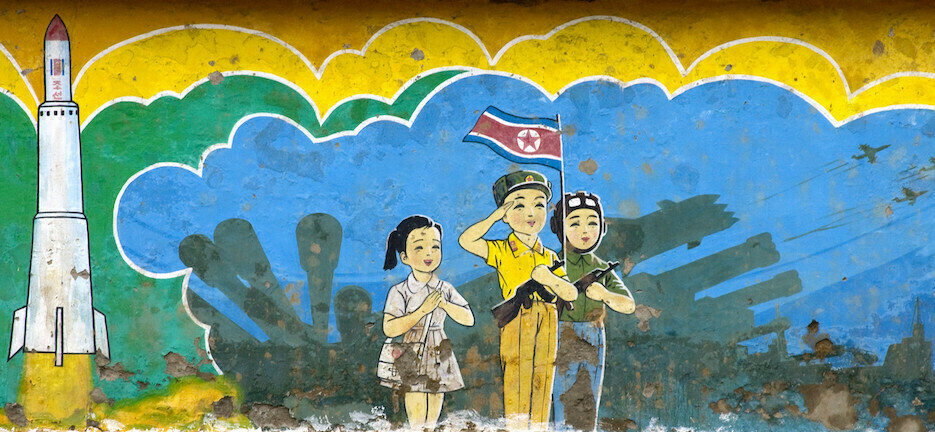South Koreans still think very little about North Korea, despite the record number of missile tests this year, the summit diplomacy of 2018-19 and the historically high tensions of 2017. The lack of interest shows up in survey data, which suggests that less than 10% of South Koreans think of their northern neighbor frequently, with potentially broad implications for president-elect Yoon Suk-yeol.
National media coverage of North Korea would suggest a level of attention, especially as this coverage tends to be negative, focusing on security concerns or human rights abuses. Yet since many of these issues are long-standing, the South Korean public may have tuned out much of the coverage, focusing instead on more immediate domestic issues.
South Koreans still think very little about North Korea, despite the record number of missile tests this year, the summit diplomacy of 2018-19 and the historically high tensions of 2017. The lack of interest shows up in survey data, which suggests that less than 10% of South Koreans think of their northern neighbor frequently, with potentially broad implications for president-elect Yoon Suk-yeol.
National media coverage of North Korea would suggest a level of attention, especially as this coverage tends to be negative, focusing on security concerns or human rights abuses. Yet since many of these issues are long-standing, the South Korean public may have tuned out much of the coverage, focusing instead on more immediate domestic issues.
Become a member for less
than $5.75 per week.
Unlimited access to all of NK News: reporting, investigations, analysis
The NK News Daily Update, an email newsletter to keep you in the loop
Searchable archive of all content, photo galleries, special columns
Contact NK News reporters with tips or requests for reporting
Get unlimited access to all NK News content, including original reporting, investigations, and analyses by our team of DPRK experts.
Subscribe now
All major cards accepted. No commitments – you can cancel any time.













